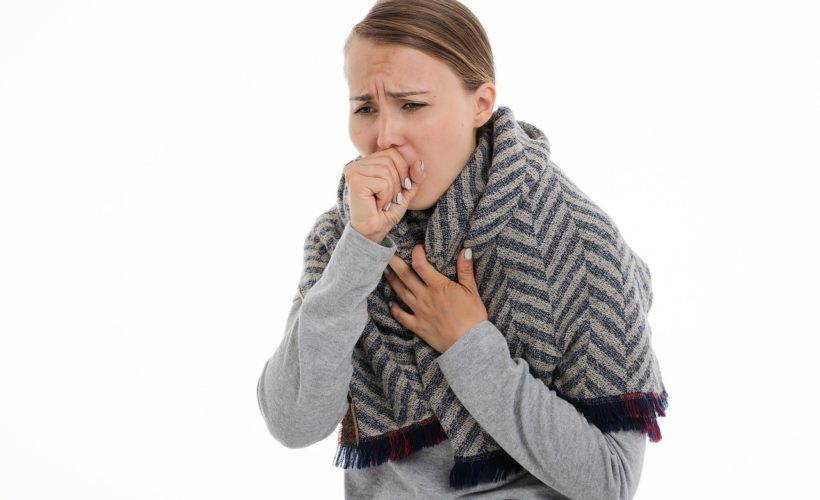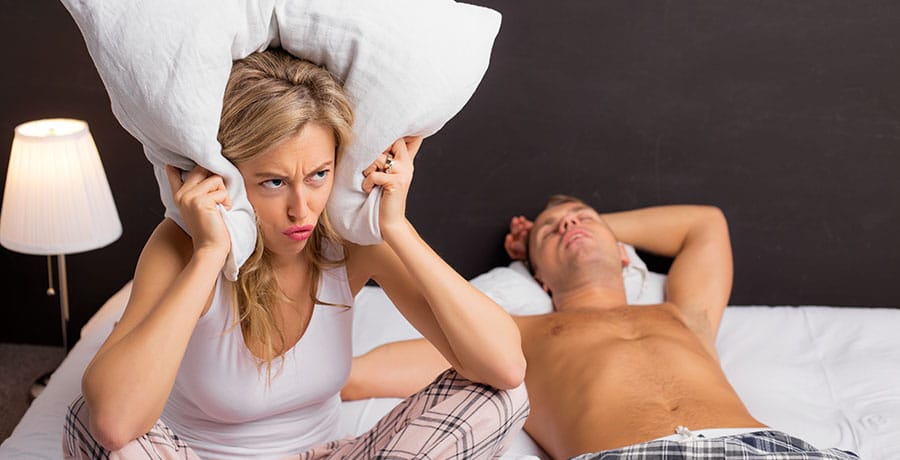
With the arrival of fall, many individuals begin to worry about seasonal allergies. Allergy occurs when a person’s immune system reacts to allergens that do not harm other people. They produce problems such as coughing, itching, runny nose, and other symptoms. This makes patients unpleasant throughout their allergic reaction, which need the care of a skilled allergy doctor.
Dust mites, pollen, and dust along with cat dander, and other allergens can cause allergic reactions in people. There are, however, techniques to manage and avoid allergic responses.
Keeping allergic responses at bay during peak season
We’ve compiled a list of helpful hints to keep you from feeling down during fall. If you follow these steps, you should be able to obtain some relief from your allergies.
Close your windows and turn on the air conditioner
You may be hesitant to keep the air conditioner running due to the high cost of power, but if you are sensitive to outside pollen, this is critical. Keeping the windows closed keeps allergens outside your home, reducing your exposure to them.
The air conditioner will ensure that you have fresh air to breathe and that the air is adequately circulated around the house. If your air conditioner’s filters aren’t properly cleaned, the air quality in your home will suffer. Furthermore, unclean filters allow dust particles to enter your home. To protect yourself from outside allergies, keep them outdoors. As a result, close the windows, clean the air conditioner’s filters, and turn it on.
Prescription nasal sprays and eye drops should be used
If your allergic reactions are affecting your nose and eyes, you should utilize prescription nasal sprays and eye drops to provide some relief. However, utilize them only after speaking with your doctor. Some nasal sprays give comfort by decreasing swelling in the nose.
Other nasal sprays work by directly blocking histamines in the nasal cavity. Oral antihistamines function in the same way as nasal sprays, but they are not administered directly to the problematic location, namely the nose. However, if these do not relieve your nasal congestion, there are a number of decongestion medicines available to help.
Decongestion nasal sprays are also available, but excessive use might cause blood vessels in the nose to tighten. Similarly, prescription eye drops can provide relief from itchy and watery eyes. Eye allergies are allergies that cause discomfort in the eyes. While certain sprays and medicines are not prescription-only, it is always best to see a doctor before taking anything. Natural treatments can also be used to relieve nasal congestion. Rinsing your nose with saltwater, for example, is claimed to remove allergies from your nose.
Make use of over-the-counter allergy medicines
Over-the-counter allergy medicines do not require a doctor’s prescription to get. Many oral antihistamines are now accessible without a prescription. However, if you are unable to locate any drug that is not accessible without a prescription, visiting a doctor for a substitute medication is your best choice. Oral antihistamines work by blocking the histamines that cause allergic responses. As a result, they alleviate allergy symptoms such as itching, sneezing, nasal congestion, and so on. Some antihistamines may cause sleepiness, whereas others do not. If things worsen, you can see a doctor and obtain an allergy injection.
Conclusion
There are several methods for preventing and treating allergic responses. If you see an allergy and asthma doctor Germantown, always ask what you can do to avoid the symptoms. Always have any emergency drugs or injections prescribed by your doctor on hand in case things worsen. However, we do not recommend self-prescriptions. Always get help from a doctor who is qualified and reliable only.



